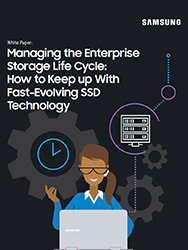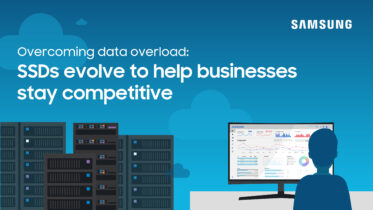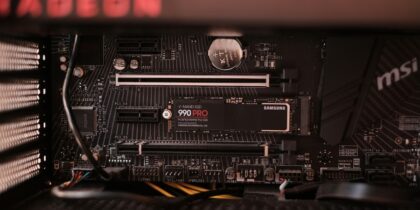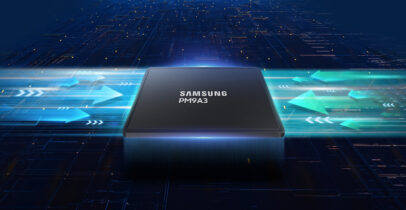Content delivery networks (CDNs) have some very specific requirements for storage. They need high performance, but typically only 24/7 sequential read performance — they don’t need the random write performance or high numbers of input/output operations per second (IOps) that database applications require, nor at this time, the very high throughputs typical of NVMe SSDs.
What SSDs for CDNs do need is to be extremely reliable, even in tight spaces with little airflow — and inexpensive, since CDNs typically depend on local servers in hundreds or even thousands of locations.
Meeting the Unique Needs of SSDs for CDNs
CDNs typically use local servers to store content and deliver it to local users. Since the connection to users must be local for optimal performance, every small group of users on the same network needs a separate CDN server. This could mean every major town, neighborhood or business campus in the country — so controlling the costs for each server is paramount. At the same time, the servers must be as reliable as possible, since users are easily upset by interrupted or inconsistent access to content, and all too willing to switch providers to get the performance they want.
The Samsung 860DCT enterprise SATA SSD has been built specifically to meet the unique needs of these networks, combining the low cost of consumer SSDs, best-in-class sequential and random read performance of 550MB/s, and the reliability of an enterprise drive controller featuring 100 percent read quality-of-service at 150 microsecond latency.
The 860DCT provides not only 24/7 read performance over months and years, but will also soon be compatible with the Samsung Enterprise Toolkit, which will permit firmware updates to multiple drives at once, in addition to extended troubleshooting and configuration capabilities.
Keeps Cool Under Pressure
Since the servers may be installed in high-density locations — such as data centers and local points of presence — that can have limited power availability and cooling capacity, SSDs for CDNs should also be designed to use low power and to handle high thermal loads. The 860DCT uses relatively little power, consuming only 2.02 watts at full 550MB/s read performance and 1.05 watts at idle. The drives also support Dynamic Thermal Throttling, which can handle temperatures up to 83 degrees Celsius, throttling speeds if necessary to prevent data loss or damage when temperatures get too high (above 85 degrees Celsius).
Manage the Enterprise Storage Life Cycle
Download this guide to improve your storage planning and evaluation processes. Download Now
The 860DCT can typically perform at full speed even without airflow directed over it; convection-only cooling is sufficient to maintain performance. An extended set of SMART commands enables administrators to monitor the SSDs to ensure performance and reliability are properly maintained, even at higher than usual temperatures.
Accept No Substitutes
While IT decision-makers have tried to use standard consumer-grade SSDs in CDN applications, they tend to experience steep drop-offs in performance after a few months in service due to 24/7 operations, when SSD failure begins to cause escalating write amplification errors. Plus, using consumer drives in CDN applications that operate in a 24/7 data center environment violates their warranties, leaving administrators with no recourse when drives fail.
The Samsung 860DCT is specifically designed to be completely reliable in CDN applications, even under 24/7 operation at full read speeds, in low-airflow cooling situations, and at high temperatures — while including a three-year warranty that is fully prepared for 24/7 operations in a data center. For CDNs worried about maintaining integrity without an inflating bottom line, the 860DCT is the best game in town.
Find the best storage solutions for your business by checking out our award-winning selection of SSDs for the enterprise.








